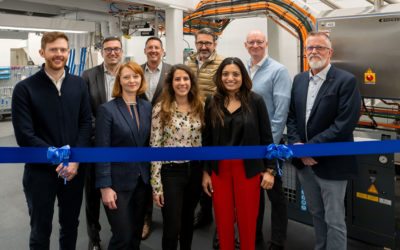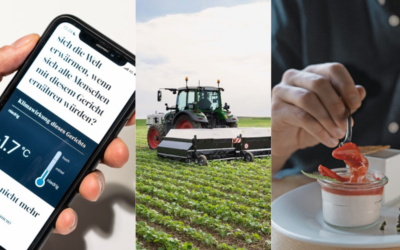Pioneering future-proof
food systems. Together.
We unite the Swiss food ecosystem to build on Switzerland’s strengths as a food nation.
What we do
We collaborate to
co-create, innovate
and shape the
future of food.
Who we are
We’re a network of Swiss food innovators – from universities, large enterprises, innovation accelerators and investors to government bodies, SMEs and startups. We’re committed to reshaping food systems to drive better human and planetary health.
Our strategic pillars

Networking & knowledge sharing
We connect and unite Swiss innovators through our events and communication channels.

Impact
Platform projects
We bring Valley partners together to co-create projects that shape the future of food.

Innovation infrastructure
We develop the resources that Valley partners need to grow and have impact.
Find out more
- Switzerland as a cultured food nation
- Valley job platform
- FoodTech Investor Deal Flow
- Facilities platform (coming soon)

Global
impact
We collaborate with global partners to share Swiss food innovation on the global stage.
Find out more
- Annual “Walking the Valley” event for international startups
Stories from our ecosystem
Givaudan teams up with 5 global startups to transform actionable insights into efficient and delicious alt-protein choices.
Valley partner, Givaudan has launched a Plant Attitude Challenge, inviting start-ups to show how to decrease costs of one of their alt-protein recipes, while ensuring a delicious consumer experience. The contest brings to life 10 pathways to more affordable,...
Swiss innovators Givaudan and Bühler join forces with MISTA to open a new extrusion hub
Valley partners Givaudan and Bühler have teamed up with MISTA to open a state-of-the-art extrusion hub at the MISTA Innovation Center in San Francisco. The opening of this new facility advances MISTA’s capabilities in driving food innovation and highlights Givaudan's...
Christina Senn-Jakobsen: 3 key food system challenges and how we can tackle them
3 key food system challenges and how we can tackle themBy Christina Senn-Jakobsen, SFNV Managing Director “We have an urgent need for speed, scale, and collaboration if we’re to secure a resilient and livable future on this planet.” Our food systems are responsible...
Upcoming events
- 22 April | 1:00 pm - 6:00 pm
Open Exploration Workshop – Basel
- 25 April | 5:30 pm - 9:00 pm
Open Exploration Workshop – Grangeneuve
 17 May | 1:00 pm - 6:00 pm
17 May | 1:00 pm - 6:00 pmSFNV General Assembly
Join us
Based in Switzerland?
Companies listed in the Swiss Commercial Registry are welcome to apply to become part of our growing network.

Based
abroad?
Organizations that are not yet active in Switzerland can become a Friend of the Valley and receive early-bird invites and tailored updates.



